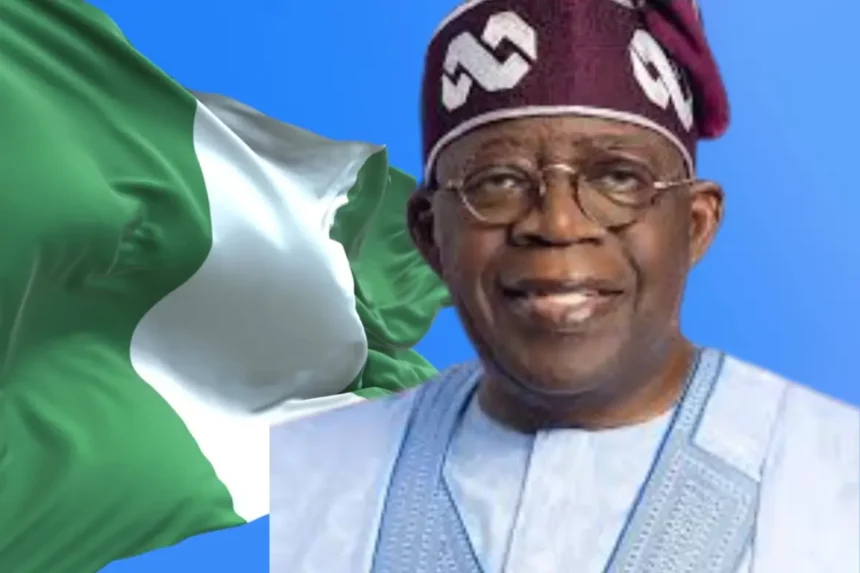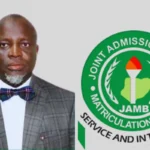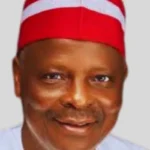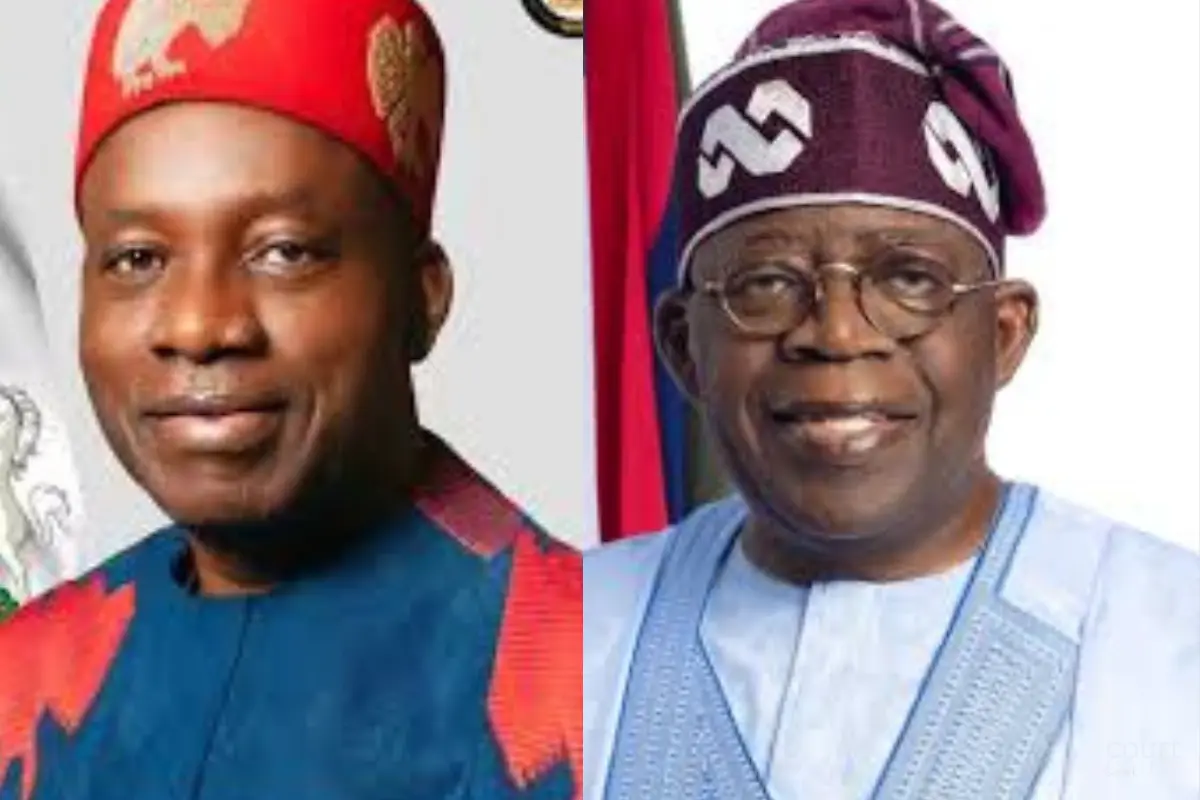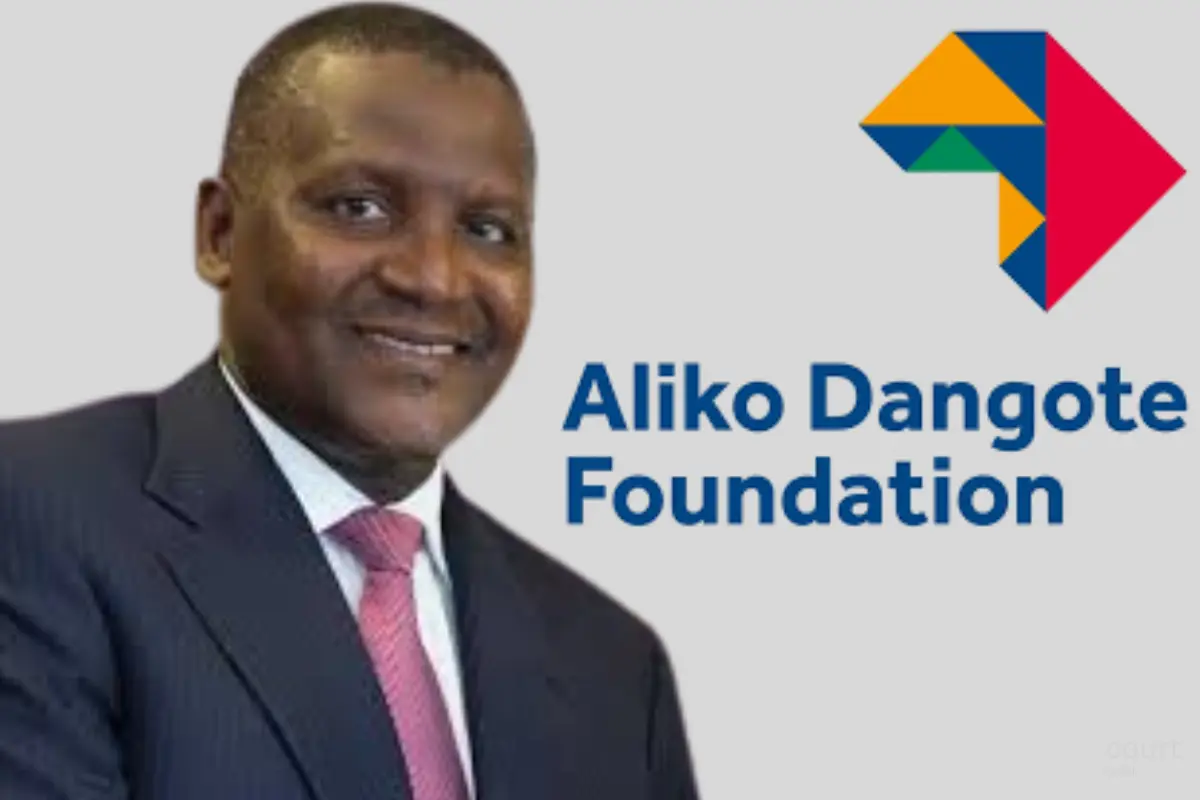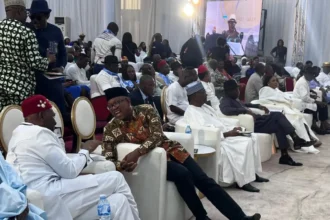Abuja, Nigeria — As the nation grapples with escalating violence across several states, including Plateau andBenue, concerns are mounting over President Bola Ahmed Tinubu’s prolonged stay in Europe, more than two weeks after he departed Nigeria for what was initially described as a “brief working visit.”
President Tinubu left for Paris, France on April 2, 2025, for what the presidency termed a strategic retreat aimed at assessing his administration’s midterm progress and planning for the years ahead. According to a statement released at the time, the President was to spend approximately two weeks reviewing reforms, aligning his team’s strategies, and preparing for his administration’s second anniversary.
While the visit was framed as a pivotal moment for reflection and planning, Nigerians have grown increasingly uneasy over the president’s absence, especially in light of surging violence back home.From mass killings in Plateauand Benue states to rising cases of kidnapping and banditry across other parts of the country, the calls for the president’s immediate return have grown louder.
In response to mounting criticism from opposition leaders and civil society groups, Special Adviser to the President on Information and Strategy, Bayo Onanuga, issued a statement defending Tinubu’s continued absence. According to Onanuga, the President has remained “fully engaged” in governance, issuing directives from abroad and maintaining communication with key government officials and security chiefs.
“President Bola Ahmed Tinubu remains fully engaged in Nigeria’s governance even though he is away in Europe. His absence remains temporary and in line with the communicated timeframe of approximately two weeks,” Onanuga said, adding that Tinubu had since moved from Paris to London over the Easter weekend.
However, critics argue that remote leadership in the face of national crisis sends the wrong message. Former Vice President Atiku Abubakar and Labour Party’s presidential candidate Peter Obi have both criticized the extended absence, describing it as unjustifiable given the current climate of insecurity.
“Leadership requires presence, especially in trying times,” said one political analyst. “Being physically away when citizens are being killed daily can be perceived as tone-deaf, no matter the level of digital engagement.”
Despite assurances from the presidency that the machinery of government is still running, many Nigerians feel that decisive and visible leadership is crucial now more than ever. Citizens have taken to social media and public forums to demand accountability, transparency, and a clearer timeline for the President’s return.
With today marking the 18th day since President Tinubu’s departure, questions linger: How long can a nation plagued with rising violence afford to have its Commander-in-Chief away from the homeland? And at what point does strategic planning abroad begin to appear as neglect at home?
